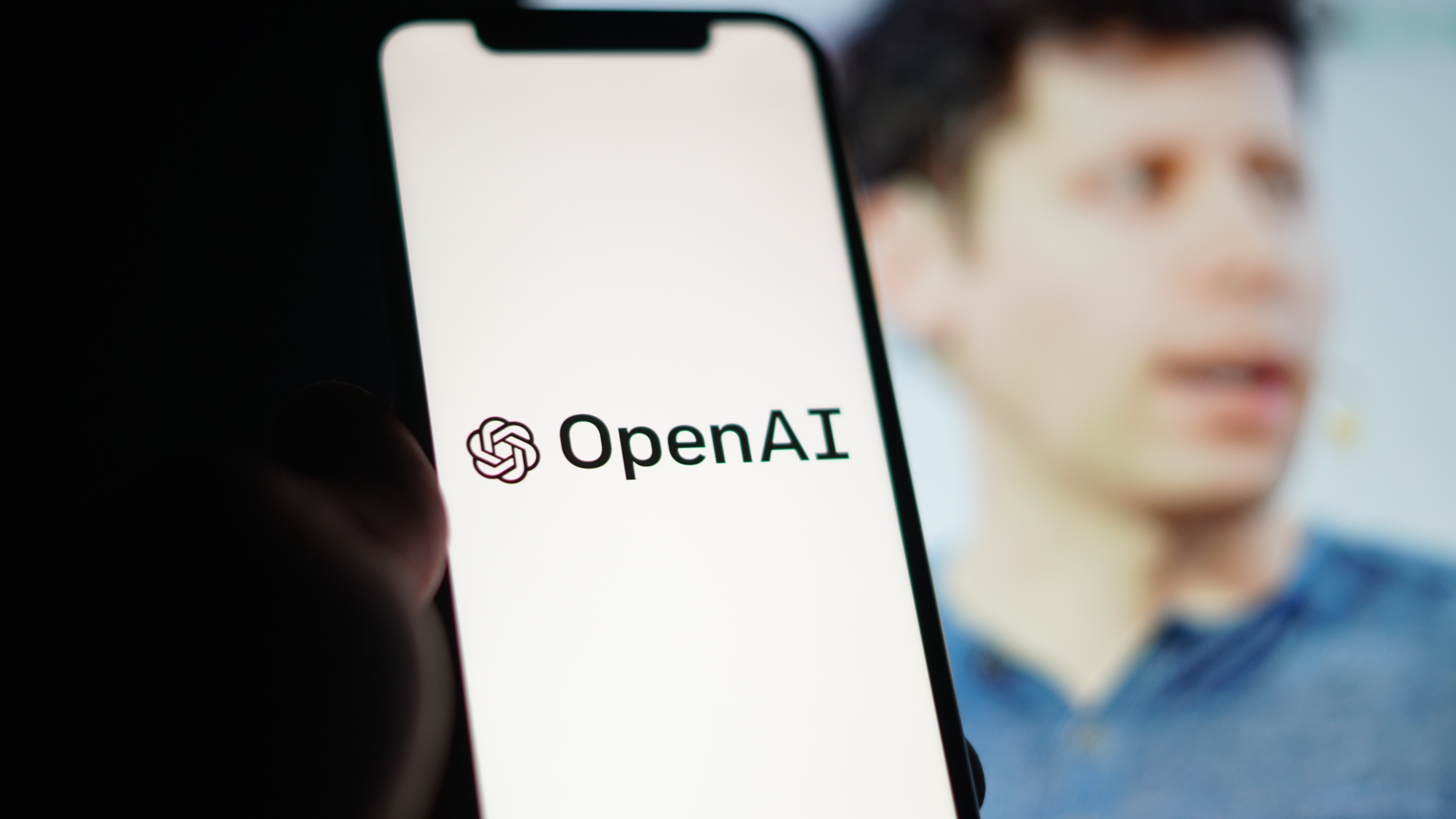OpenAI confirms a ChatGPT gadget is coming – here are 5 things I want to see

We’ve heard rumblings of an OpenAI ChatGPT consumer device for a while now, and now the company’s CEO Sam Altman has added more fuel to the fire.
Speaking to The Elec, Altman said OpenAI “would like to start developing it through partnerships with multiple companies.” and that “AI will require a fundamental change in the way we interact with computers,” How exactly? Well, Altman believes that “voice will become the user interface medium.”
We’ve previously reported that OpenAI was working on the hardware alongside ex-Apple design guru Jony Ive, and with Altman again referencing an OpenAI consumer tech product it got me thinking about what I’d like to see from the device.
We’ve been burnt in the past by products like the Rabbit R1 and the Humane AI Pin, so what does OpenAI need to do to make a ChatGPT device a success?
1. Gorgeous design
This is almost a given considering that Ive has confirmed he’s working on an AI device for OpenAI. Ive made his name at Apple for his design ethos, which made products like the iPod, iPhone, and MacBook what they are today. The world-famous product designer left Apple in 2019 and started his own company, LoveFrom.
While we know that LoveFrom is working directly with OpenAI on a product, we’re none the wiser as to what it could be – but whatever this AI-powered device is, we can be pretty sure that it’ll have that iconic Ive eye-appeal that’s present in some of Apple’s most iconic products.
2. An actual purpose
The thing with the Rabbit R1 and the Humane AI Pin was that the product category was kind of redundant, given that you can access AI functionality directly from your smartphone. For a ChatGPT AI device to thrive it would need to be an extension of your iPhone or Android device, rather than a replacement for one. Think the Apple Watch or Samsung Galaxy Watch – they’re extensions of the device in your pocket, and excel because of that seamless connection.
I’m not totally convinced of the idea of a dedicated AI device, but if OpenAI’s product connects via Bluetooth, adding some kind of bracelet or pin that directly interacts with ChatGPT and all its power on your smartphone, then this could be the next step in the evolution of smart wearables. I’d love to be able to quickly transcribe audio directly from a ChatGPT-powered pin, for example, and then read back the information on my iPhone. The device wouldn’t need a screen in this scenario, because your smartphone ultimately functions as the user interface.
3. No subscription fees
One of the major issues with the Humane AI Pin was the high cost of entry plus additional subscription fees after you purchased the product. While ChatGPT currently has different tiers ranging from completely free to $200 per month for ChatGPT Pro, I’d expect OpenAI’s device to either be a subscription-only product embedded into ChatGPT Plus, which costs $20 per month, or a new and slightly more expensive tier; or a one-off purchase with subscription-free capabilities.
I hate buying products and then paying for monthly subscriptions on top of that initial investment, and I think that in order to succeed, an OpenAI device would need to avoid imposing a significant extra cost on users.
4. The correct approach to privacy
One of the biggest concerns with wearable technology that incorporates AI is privacy – after all, products like Meta’s Ray-Ban glasses have cameras built into them. If the OpenAI hardware is a wearable, and if it has cameras and/or microphones built into it, then the company will have to make sure that those who purchase it, and those who might interact with people using it, feel safe.
I’m not opposed to carrying around a product that can use ChatGPT Advanced Voice Mode to see what I’m looking at, or even hear conversations. But I am opposed to privacy issues that put myself and others at risk, and unless OpenAI has privacy at the forefront of this upcoming device then it could prove to be more dystopian than utopian.
The right price point
I’ve mentioned subscription fees, but I think the success of any new product relies in large part on the right price point. The Humane AI Pin launched at $699, which was quite frankly absurd, and if OpenAI wants to see success with a similar style of product then it will have to keep the price much lower than that.
Due to the lack of information as to exactly what this product could be, I’m basing my thoughts here on the idea of a wearable device. If that’s the case, and OpenAI launches a product that’s designed to be used alongside your smartphone, then it would need to be able to compete with other wearable tech like smartwatches and smart rings. To encourage mass adoption, and start to grow a new product category, OpenAI needs to think long-term – and that starts with pricing its product correctly.
You may also like
#OpenAI #confirms #ChatGPT #gadget #coming
